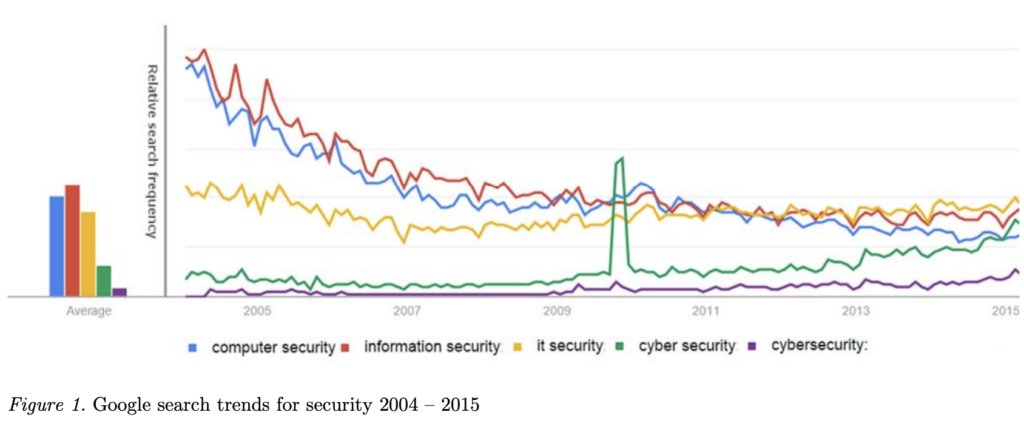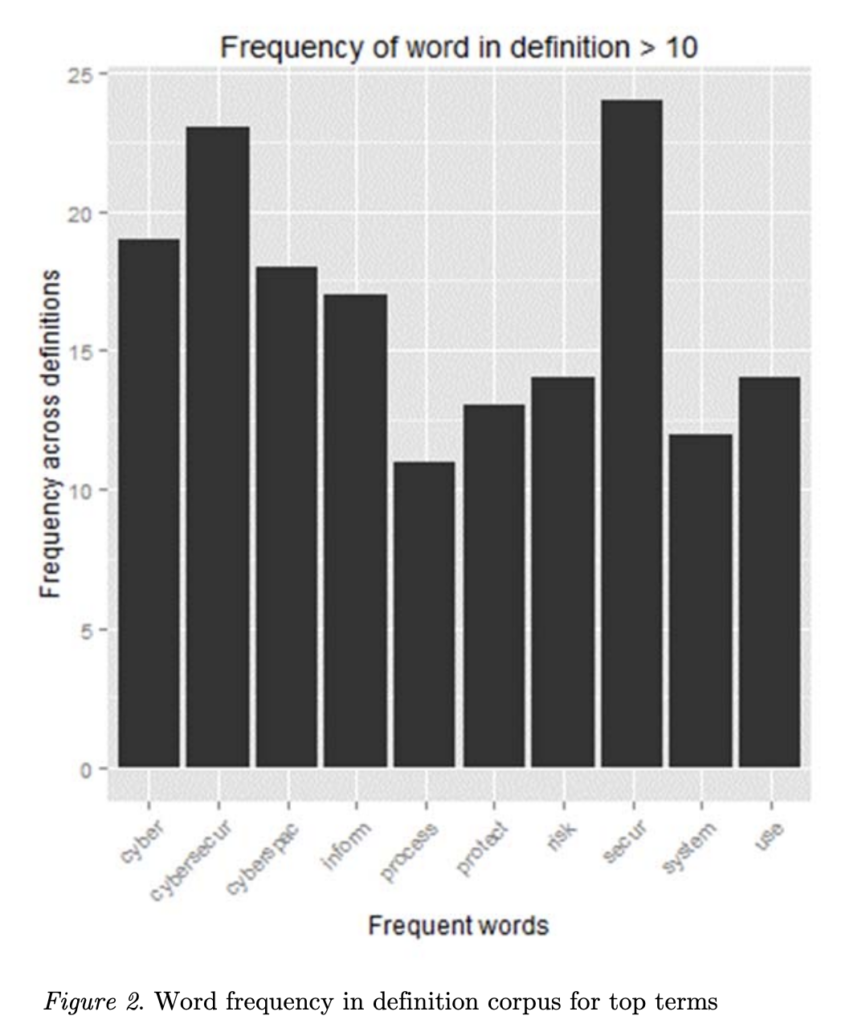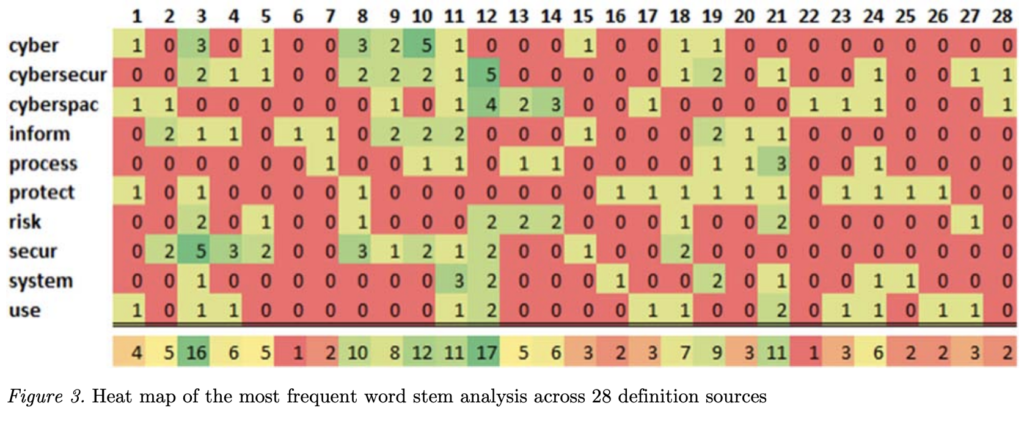Towards a More Representative Definition of Cyber Security
In today’s digital landscape, the term “cyber security” is widely adopted across various sectors, including practitioners, politicians, and academics. However, this widespread usage often lacks a clear, unified understanding, leading to ambiguity, especially in formal contexts like organizational strategy, business objectives, or international agreements.
Evolution of Terminology
The terminology surrounding digital protection has evolved significantly. Initially, terms like “Computer Security,” “IT Security,” or “Information Security” were prevalent. These terms, though slightly different in scope, were tangible and comprehensible. The shift towards the term “Cyber Security” became notable around the end of the first decade of the 2000s, gaining prominence in high-level discussions and public consciousness, especially after being highlighted by U.S. President Barack Obama in 2009.
The Challenge in Defining Cyber Security
With the ascent of “Cyber Security,” the field faced a new challenge – defining it with sufficient clarity. Unlike more specific terms like “Computer Security,” “Cyber Security” often leads to misunderstandings and ambiguity, which can be problematic in legal, policy-making, and international contexts.
Research Approach and Methodology
A comprehensive study involving an analysis of existing literature was undertaken to explore the main definitions of “Cyber Security” provided by authoritative sources. This involved lexical and semantic analysis techniques to gauge the scope, context, and relevance of these definitions. The objective was to synthesize these findings into a new, more representative definition.
Key Findings and Insights
The study highlighted a significant issue: there is no universally accepted definition of cyber security. This lack of consensus spans across professional, governmental, and academic sources, leading to a variety of definitions with notable differences and sometimes contradictions.
Towards a Unified Definition
In response to the diverse range of definitions, a new, more encompassing definition was proposed. This definition aimed to capture the various facets and understandings of “Cyber Security” more accurately. It was rigorously tested against the existing dataset to ensure its representativeness and accuracy in reflecting a broad consensus.
Conclusion and Implications
The need for a standardized and representative definition of cyber security is underscored by the necessity for clear communication across different sectors. The newly proposed definition seeks to provide a unified and comprehensive understanding of the term, aligning with broader objectives and strategies in the realm of cyber security.
In conclusion, this exploration into the definition of “Cyber Security” addresses the critical need for clarity and consensus in a field that is fundamental to the functioning of our digital world. Establishing a clear, concise definition is essential for effective communication, policy-making, and strategy development in cyber security, impacting organizations and nations globally.



